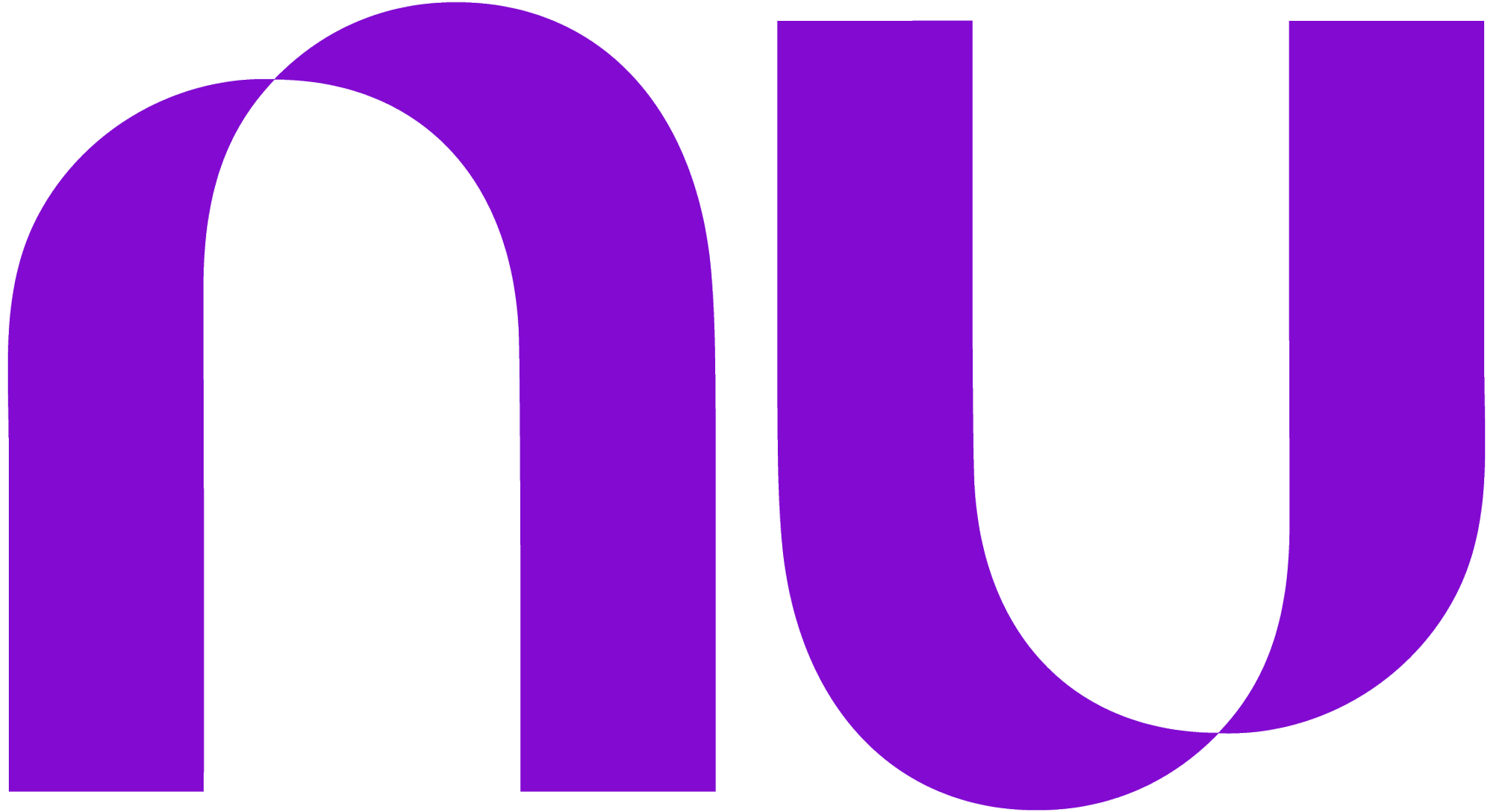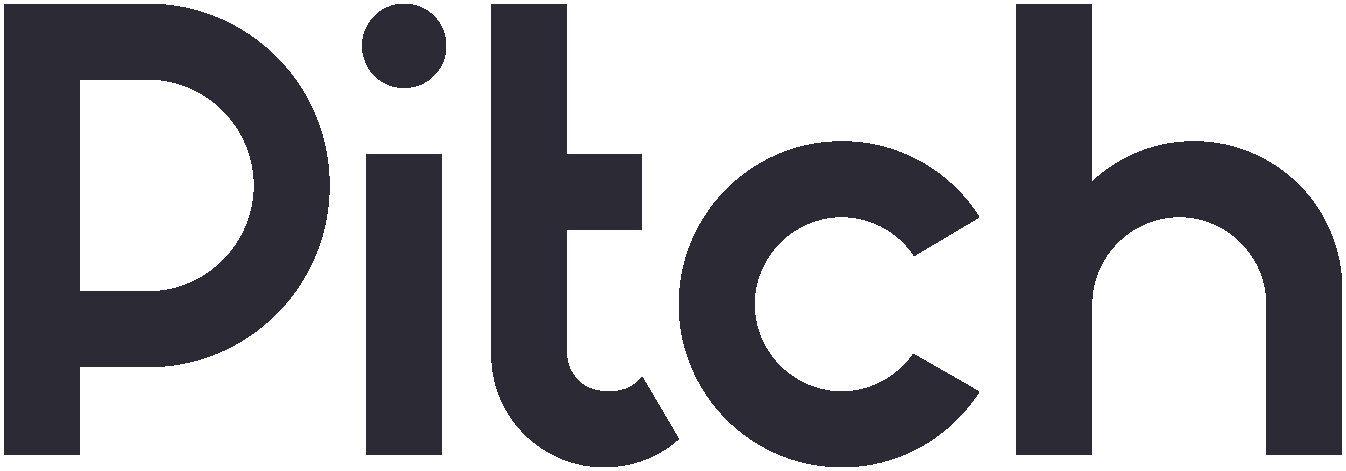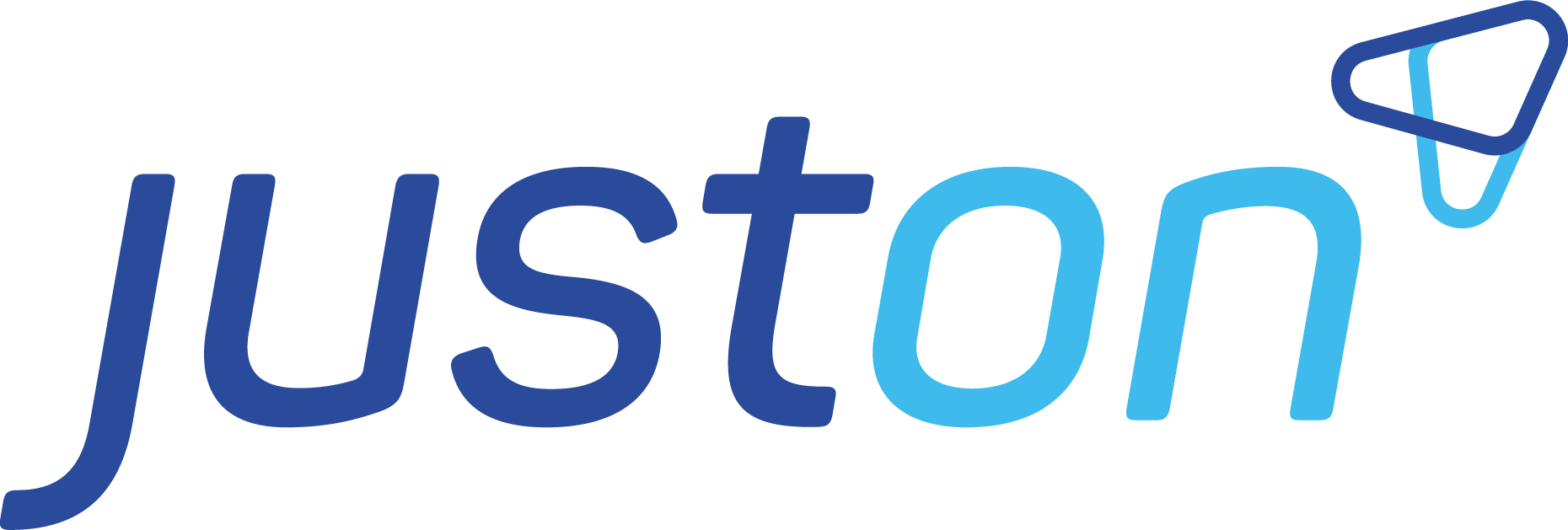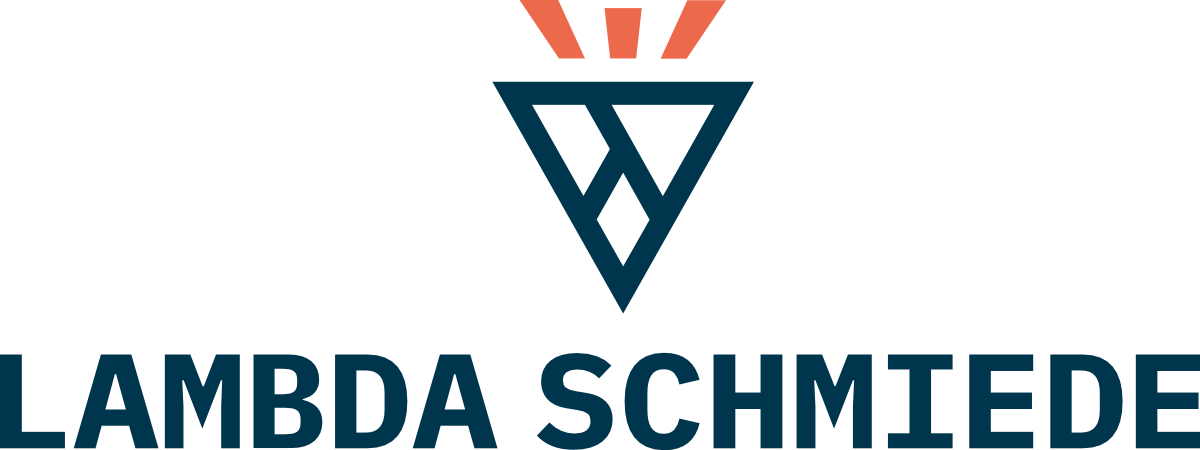Prelude
Juni 10, 2022
| Time | Enjoy |
| 14:00 | Writing mobile apps with ClojureDart Baptiste Dupuch and Christophe Grand |
| 19:00 | Warm-up at Nhow Hotel – Restaurant Terrasse (Menu) |
:clojureD Schedule
Welcome to this year’s show!
This year we have not only fantastic speakers and talks, but also great workshops and lots of opportunities to spend time together.
To get updates about the schedule, please check our official twitter account.
Juni 11, 2022
:clojureD Talks & Workshops
Workshop: Getting Started with Firetomic
with Alex Oloo
After being inspired many years ago by the elegance of Datomic and the simplicity of Firebase, it was time to rebuild all the stacks, but the cost and complexity of getting started with Datomic were just beyond reach. And so began the outrageous journey to building Datomic on top of Firebase.
This workshop is a practical introduction to Datalog and Firetomic. We'll build an application that harnesses the power and unique features of Datalog and one that could also be helpful in your daily life. If you don't know Datalog, Docker or Firebase, don't stress. We'll be going through this step by step together.
If you're keen on joining this workshop it'd be cool if you could download the dependencies and the docker image before the workshop so we don't karate chop the wifi. You can check out the setup details in #firetomic or at https://github.com/alekcz/firetomic-demo. Ping me on Twitter or Slack if you get stuck.
We'll be building a wellness app and you can make it as simple or as complex as you'd like. In the end, we'll deploy your Firetomic application. We won't say your life will then be complete. But we're also not not saying that. See you there!
About Alex Oloo
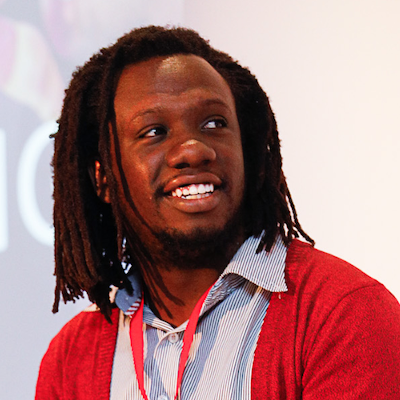
Alex is an engineer by trade. A designer by necessity. And a jack of all trades for fun.
He’s been writing code for over a decade, both front and back. From Assembly to C and Node to Vue. And of course lots and lots of Clojure.
While the sun is up, Alex is the Head of Design at Absa Bank, where he leads a team of 200 of the most incredible humans.
At the moment, he’s focusing on building a world-class design org in which designers and process engineers can thrive.
Before his time at Absa, Alex was a bioengineer, lectured at the University of Pretoria, and worked in 3 early-stage startups.
Talk: Building Intelligible Systems
by Alys Brooks
How do we design programs that can be understood? Abstractions coded with the best of intentions often become opaque, as context is lost or forgotten and the program grows around them.
This talk will use Clojure’s unique capabilities to explore techniques to develop software that we can actually understand, including lessons we can take from projects both inside and outside the Clojure ecosystem.
About Alys Brooks
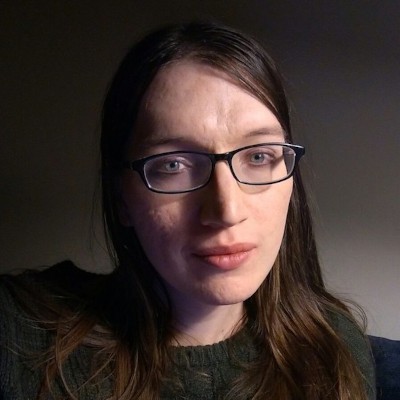
Alys Brooks is a software developer at Gaiwan, working on client projects across the stack and contributing to Gaiwan's Lambda Island open source projects. Before joining Gaiwan, she was a technical writer, and remains interested in communicating technical concepts accurately and engagingly.
In her free time, she enjoys photography, running, and game development. She lives with her cat and way too many books in Wisconsin in the US.
Talk: Let it Be
by Ariel Alexi
All I wanted to do was define a few variables with the beloved let function. What could possibly go wrong?
Well does failed: even-number-of-forms? at: [:bindings] spec: :clojure.core.specs.alpha/bindings sounds familiar? Errors in Clojure can be intimidating. In this talk I will not make you an error ninja, but I will give you tools that will help you become one.
About Ariel Alexi
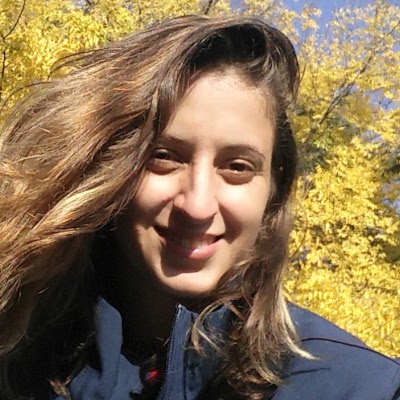
Ariel is a passionate full stack developer at Gaiwan, a BC.s student and about to start her Master degree in Information Science. Ariel posted 2 academic articles and her 3rd and 4th are on the way. A year ago Ariel started to develop in Clojure and she became a fan of Functional programming. In her free time she posts about her journey into functional programming, participates in hackathons and develops fun side projects in other languages such as Java, C#, C++ and Python.
Workshop: Change the (Minecraft) World with Code
with Arne Brasseur, Ariel Alexi and Felipe Barros
When you combine the open world sandbox of Minecraft with Clojure’s interactive programming, magic happens.
In this fun and creative workshop you’ll play Minecraft via the REPL. Build amazing structures, add custom player interactions, or spawn exploding chickens.
If you plan to participate we kindly ask to follow the installation instructions beforehand, so we don't overwhelm the conference wifi. And please join the Clojurians #minecraft channel on Slack.
About Arne Brasseur
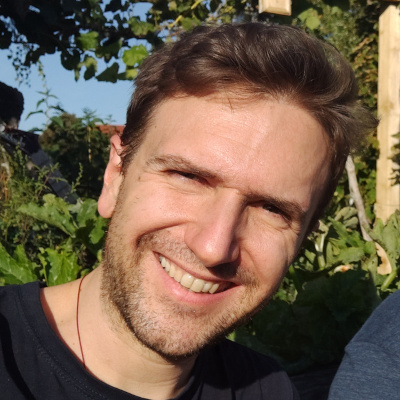
Arne is the CEO and founder of Gaiwan, the company behind Lambda Island and Heart of Clojure.
He teaches and consults about all things Clojure and ClojureScript, as well working tirelessly to improve the Clojure ecosystem through open source software like Kaocha, and community initiatives like ClojureVerse.
Talk: How to Increase Clojure Awareness
by Artem Barmin
According to Freshcode's research, the awareness gap is one of the biggest challenges for the Clojure community.
The underestimation of the marketing and product management role, as well as the limited resources to involve big players in the game, are the main things to pay attention to.
Key questions for discussion are how other languages dealt with mentioned problems and how to speed up the Clojure community development using best practices.
This topic covers the following points:
About Artem Barmin
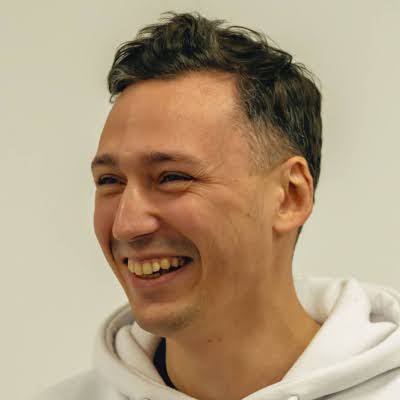
Artem is a co-founder of Freshcode, a Clojure consulting and software engineering company.
He has been gathering people around the Clojurecentric ideas since 2012.
Simplifying language onboarding and, as a result, making Clojure more popular are his main goals in terms of the Clojure ecosystem.
Clojure.garden, a library curation platform, is one of Artem's contributions to their achievement.
Talk: Beginner-Driven Development
by Daniel Higginbotham and Arne Brasseur
What happens when you design for beginner-friendliness?
This talk will explore how continually taking a beginner's perspective can improve your code. It will draw on ideas from user experience design and show how they can be applied to our day-to-day work, and it will examine how systems designed for experts can be fragile, while systems designed for beginners can be more robust.
About Daniel Higginbotham
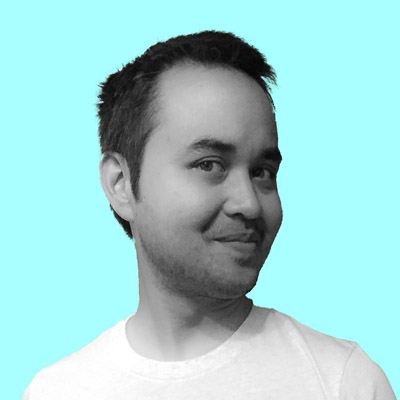
Daniel is the author of Clojure for the Brave and True. He loves making things and helping others make things.
Talk: Code execution as data with omni-trace
by Lukas Domagala
Our programs and their libraries are becoming more complex every day. Clojure is a great way to curb that complexity, but at some point, it still becomes difficult to reason about the flow of data through the application.
Omni-trace makes it possible to visualize that flow and ask questions about any calls that were made.
In this talk, you will learn how you can use omni-trace to see your code in action, integrate it into your dev routine, and explore unknown libraries. Afterward, you'll never want to start a normal debugger again.
AboutLukas Domagala
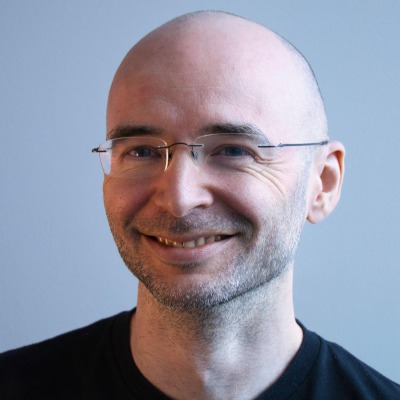
Lukas fell in love with Clojure during his studies nearly 10 years ago. He has always loved developer tooling more than is reasonable.
That's the reason he started omni-trace and is helping on calva, clojure-lsp, and orchard.
He's currently working at Scarlet, building dev-tools for regulatory documentation.
Workshop: Clerk
with Martin Kavalar, Philippa Markovics and Jack Rusher
Clerk is an open source programmer's assistant for Clojure that combines the advantages of notebooks like Jupyter, Smalltalk-style Moldable Development, and using one's favorite editor.
This workshop is intended for Clojurians of all levels. Bring your laptop and we'll get together in small groups to help you get started as a newcomer or level up your Clerk game.
About Martin Kavalar

Martin Kavalar is a programmer with a degree in Physics interested in working at the intersection of science and industry.
With his small team, he has been building and running Sauspiel, an online community for the traditional German card game Schafkopf, for fifteen years.
They are now leveraging that experience to build NextJournal, to facilitate collaboration, reproducibility and reuse in science.
About Philippa Markovics

Philippa works as UI Designer and Frontend Lead at Nextjournal.
Her main interests are in how we can make programming more tangible and data science more accessible. When she’s not working, you can find her planting food plots somewhere in the Austrian countryside.
About Jack Rusher

Jack Rusher’s long career as a computer scientist includes time at Bell Labs/AT&T Research and a number of successful startups.
His current work focuses on the deep relationship between art and technology.
Workshop: Getting hooked on clj-kondo!
with Michiel Borkent
Clj-kondo is a linter and static analyzer for Clojure/Script. It has out of the box support for syntactic constructs in Clojure, often defined by macros.
For third party macros similar to Clojure's own, clj-kondo has an easy configuration option: :lint-as. But what about macros that invent their own language?
You can disable linting for those, but what if there was something better. Clj-kondo hooks are a flexible way to teach clj-kondo's static analyzer about any macro. Not only will clj-kondo understand them and will you get useful linting feedback, you can insert your own checks and linting rules.
As a library author you can export your hooks so every library user can profit. In this workshop we will learn how to write our own hooks using real-world examples.
Only a basic understanding of Clojure is required to get hooked!
If you like to participate please read the prerequisites and join the Clojurians #clj-kondo channel on Slack.
About Michiel Borkent
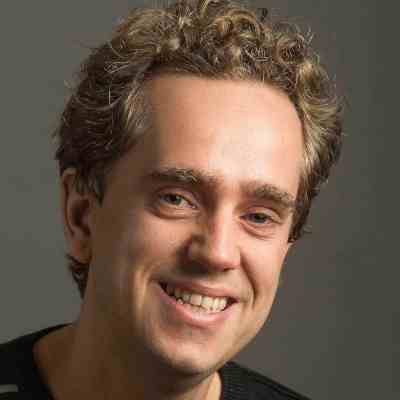
Michiel Borkent (@borkdude) has been enjoying Clojure for over a decade during and outside of work. He is the author of clj-kondo, babashka and several other useful Clojure tools.
Talk: Use of Macros Leads to Remorse
by Paula Gearon
"Amazing" – Michiel Borkent
"Those keywords look terrifying" – Eugene Pakhomov
"It's fun!" – Ben Sless
"Some say it's a joke, I say it's beautiful!" – Adam Helins
"You are all bad people" – Alex Miller
What started as a joke turned into an exploration of macros and obfuscation of Clojure, and ended in a much bigger joke.
Learn how the Remorse library turns Clojure into Morse code that is still valid Clojure.
Discover how ClojureScript Macros really work, and how a Morse code library written in Morse code needs namespaces compiled with 2 different compilers at the same time.
(-··_·_··-· _··-·_··-_-· :-.-._.-.._---_.---_..-_.-._._-..)
About Paula Gearon
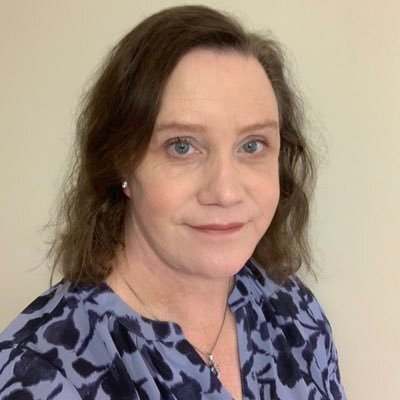
An avid Clojurista, Paula likes to work in the most technical parts of a system building the infrastructure that lets other developers do their jobs.
She has been the technical lead on several commercial and open source projects, with a focus on data storage and processing, and was a lead editor for the SPARQL standard for accessing RDF databases.
When not coding, she does triathlons, cooks, helps her children with homework, and mentors and supports young members of Women Who Code.
Originally from Australia, she currently lives with her family in Virginia, in the USA.
Talk: Automated Testing: What's the Point?
by Paulus Esterhazy
Testing is an integral part of software engineering understood as "programming integrated over time". In my talk I will explain why.
More than 20 years after Kent Beck first published JUnit, developer-centric software testing remains controversial. While most will admit that test automation is useful, agreement ends there. Some have warned of test-induced damage inflicted on software design. Others go so far as to argue that unit testing is mostly waste.
Testing is hard. Unfortunately, because testing culture emerged in the heyday of Object-Oriented Programming, the existing literature focuses on Java or C#. Arguably Functional Programming avoids some of OOP's testability pitfalls, but it doesn't invalidate reasons for unit testing – far from it. Yet unit testing Clojure remains a minefield of tradeoffs. This talk is my attempt at making sense of this sprawling, confusing debate by drawing a conceptual map and discussing common traps and mistakes.
About Paulus Esterhazy
Workshop: REPL-acement – a vision for a new editor in Clojure for Clojure by Clojurians
with Ray McDermott
Learn about the project and how you can contribute. We'll be handing out tasks for free.
ClojureScript programmers: come to add features or give the UI a makeover.
Clojure programmers: expand your mind and the backend.
Database programmers: wrangle EDN for fun and profit.
Please join the Clojurians #repl-acement channel on Slack for more details.
About Ray McDermott

Clojure programmer / architect, producer and co-host of both defn podcast and the Apropos live stream.
Talk: Automated Correctness Analysis for core.async
by Sung-Shik Jongmans
This year, :clojureD coincides exactly with the 9-year anniversary (well, minus 17 days...) of Rich Hickey's first blog post on the core.async library. At the time, Rich already hinted at the potential for "automated correctness analyses" but also stated that "no work has been done on that front for core.async as yet". To celebrate almost a decade of channels in Clojure, let's take another swing at this!
In this talk, I'll present the Discourje project. In a nutshell, the project allows Clojure programmers to specify communication patterns for core.async usage (as a kind of textual sequence diagrams), after which a run-time monitor can automatically verify channel traffic for compliance. The main correctness guarantee is safety: puts/takes that are forbidden by the spec never take effect (an exception is thrown instead). The project has mathematical foundations and originates from research on type systems in Computer Science, but that's all outside the scope of this talk.
About Sung-Shik Jongmans

Sung-Shik Jongmans is assistant professor at Open University of the Netherlands and researcher at the Dutch National Research Institute for Mathematics and Computer Science. His interests include programming languages, concurrency theory, and software engineering. Since he met Clojure a few years back, he's been excited to use the language to explore new research ideas. His long term aim: to make concurrent programming easier.
Lightning Talks
Listening to short talks on various topics in quick succession is a lot of fun! The more spontaneous, the more exciting for the speaker and the audience.
You can register for lightning talks (5 minutes) straight at the conference. We’ll have a limited number of spots and it’ll be first come first served.





